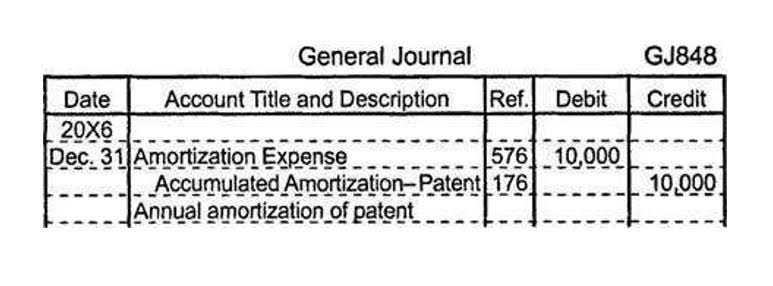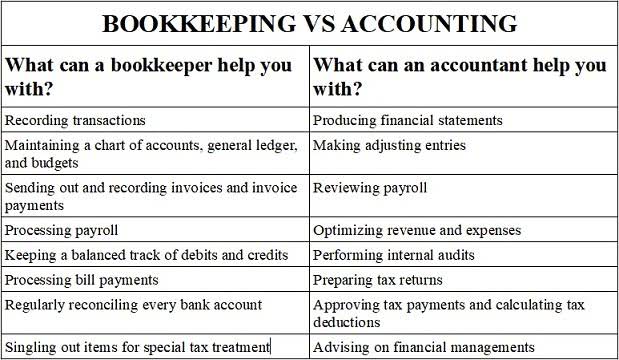
Members of your team can enjoy role-based views and dashboards that are specific to business, finance, information technology (IT), operations, sales and marketing. It’s a software system that includes all the tools and enterprise resource planning processes required to run a successful company, including HR, manufacturing, supply chain, finance, accounting, and more. We placed an emphasis on the key features that matter most to businesses seeking an ERP system.
- Over 1.8 million professionals use CFI to learn accounting, financial analysis, modeling and more.
- Through QT9’s robust ERP system, you may use real-time production data to optimize scheduling, stay up-to-date on inventory through built-in notifications and determine when various actions were taken.
- The ERP landscape has shifted with the rapid evolution of software as a service (SaaS) cloud applications.
- IBM Consulting is the driving force behind your business transformation journey.
- Oracle’s integrated, yet modular architecture allows you to deploy what you need, when you need it.
- Today, ERP systems are critical for managing thousands of businesses of all sizes and in all industries.
Paired with machine learning insights like customer churn, you’ll predict and avoid problems before they can do harm. The software, being continuously updated and watched in real-time, ensures needed information is accessible by each appropriate department. Or, accounting may need to know the status of payroll and business commitments that are lined up to keep the company’s cash flow up to date. Enterprise resource planning – more commonly referred to as ERP – is a software system used to manage and maintain the functions of a business.
Enterprise Resource Planning in the IT Industry
ERP systems serve as “air traffic control” for business management, centralizing the data and analytics that power a successful, modern enterprise. Alternatively, ERP systems provide a consolidated, streamlined platform through which all parts of a company can share information easily and develop company-wide solutions. In addition to the key, must-have features, we also considered the unique offerings of each of the best ERP systems. It’s equipped with countless modules, such as A/R, A/P, cash management, project accounting, fixed assets, tax management and more.

Hybrid ERP is a mix of both, often with an on-premises ERP at headquarters and cloud-based ERP systems at subsidiaries. Cloud-based technology was born in the last decade and developed, as a core principle, with an entirely different mindset and understanding of not only what was possible but what was needed to be successful for ERP platforms. Reporting and analytics for legacy systems typically require involvement from a third-party vendor to generate operational business intelligence. Using cloud applications from your legacy ERP vendor often produces the same or better intelligence without needing an additional vendor relationship. See how industry analysts compare Oracle Cloud ERP against other financial management software providers. Direct integration—ERP systems have connectivity (communications to plant floor equipment) as part of their product offering.
Unique Features – 20%
Enterprise resource planning (ERP) is software developed to manage and optimize business operations and processes. Reduce costs and increase agility with cloud managed services for SAP applications by supporting and optimizing underlying operational functions. IBM Consulting helps you successfully migrate legacy ERP applications to the cloud, redesign processes to leverage data, AI and automation and transform finance into a competitive advantage within your business. If your small business is expanding rapidly, it may outgrow traditional accounting software and the business may want to seek out accounting data in one software package, such as ERP.
- It is designed to model and automate basic processes across the organization over a centralized database and eliminates the need of disparate systems maintained by various units of the organization.
- In addition, users gain a comprehensive, real-time understanding of their organization’s financial and operational health.
- This is a popular model for ERP software due to its scalability and agility, along with its lower cost.
- Like many other businesses, the North Carolina company used spreadsheets to track inventory and accounting software to record financial data.
No company that continues to rely purely with on-premises technology will be able to recruit top talent, regardless of age. Since data is the lifeblood of every modern company, ERP makes it easier to collect, organize, analyze, and distribute this information to every individual and system that needs it to best fulfill their role and responsibility. A company could experience cost overruns if its ERP system is not implemented carefully.





